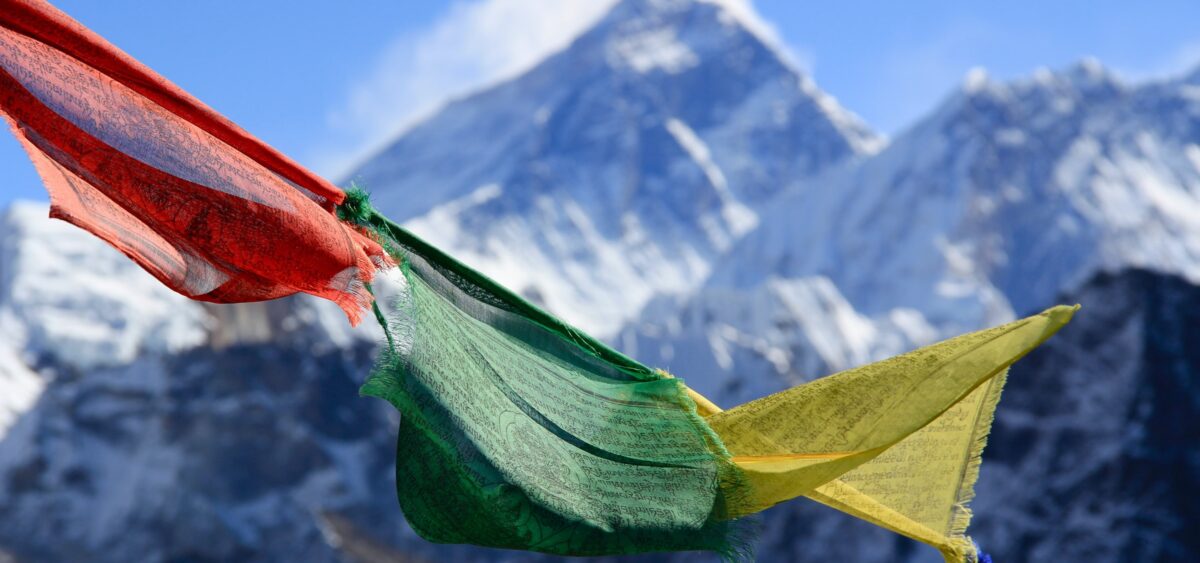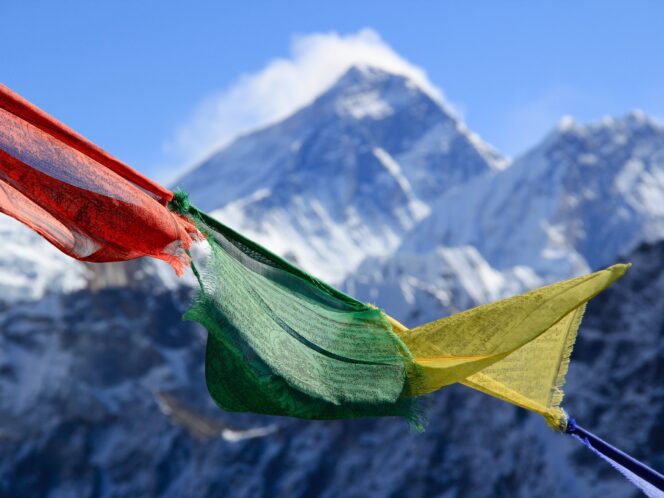
He was a fan of the legendary hockey player Wayne Gretzky and train robber Ronnie Biggs. When he grew up, he started playing hockey himself—and also robbing banks. By the late 1990s, he became the most wanted criminal in Europe. For six years, he led the Budapest police around by the nose, earning the status of national hero. They called him the Whiskey Robber.
Between 1993 and 1999, there was a spate of twenty-nine armed robberies in Budapest. The targets were usually smaller post offices or bank branches, and the crimes were attributed to a single perpetrator, whom the press dubbed the Whiskey Robber. For six years, they couldn’t catch the bandit, and successive heists made him a media star. Seeing the country’s enormous corruption and political scandal, the citizens rejoiced that finally somebody was stealing like a simple brigand, and not a white collar politician.
The most humiliating job for the Budapest police robbery division was the thirteenth holdup. In March 1996, after draining two glasses of Johnnie Walker on the rocks in a nearby bar, the bandit entered a small post office on Kemenes Street with a gun in his hand, and said loudly—“I’m sorry, but this is a robbery.” According to witnesses, the Whiskey Robber was dressed to look like Lajos Varjú, the head of the division, who was working on this case. An identical striped suit, the same mustache and hat.
During the holdup, one of the employees managed to press a silent alarm connected directly to the police, but the duty officer shrugged off the alert. Several minutes later, the whole division was running to the scene. They were in such a hurry that two of their cars collided with each other. When they finally arrived, the only trace of the robber was the faint smell of whiskey and empty cash drawers. There was also a camera crew from TV2, who recorded the arrival of Inspector Varjú, describing the whole affair, somewhat in the spirit of Monty Python: “And at last, the police have finally arrived.”
Escape From Transylvania
Attila Ambrus—that’s the thief’s true name—was born in Transylvania, which Hungary had lost to Romania. The region is inhabited by the Székelys, a Hungarian ethnic group, whose ancestors most certainly include a certain Hun by the name of Attila. This fourth-century conqueror was the namesake of the child who twenty-six years








